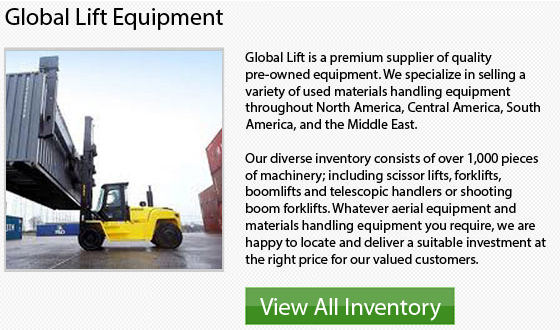
The electric lift truck and the IC or internal combustions lift truck are the two main fuel types for forklifts utilized in the industry.
The electric forklift is normally utilized indoors away from the elements. These units are a lot easier to use inside of a confined warehouse area. They are much quieter to run and make no emissions that need to be vented or collected.
On the other hand, internal combustion lift trucks are superior in outdoor applications and are commonly utilized in external loading docks and construction zones. These models are offered with a lower upfront cost. In addition, internal combustion forklifts are faster to refuel than the electric units, because these need a few hours of recharging time for their internal batteries.
If your business does choose an internal combustion unit, the next decision which is normally faced is the fuel type which you will use to power your equipment. There are some newer hybrid units on the market, but the most popular fuel types are propane, diesel or gasoline forklifts.
When in the decision process to find the right forklift for your company, examining the pros and cons of every type of equipment is a good idea. For example, will a propane lift be best for your particular application or business? Take time to read on in order to know more.
The immense flexibility of the propane lift truck is amongst their best advantages. They are the easiest and fastest models to refill that is a huge thing to take into consideration since it significantly minimizes downtime on your warehouse floor. Like for example, diesel forklifts need a pump system and an on-site storage tank and electric lifts need hours to recharge. Conversely, propane cylinders require no lift or crane to handle them and are fairly fast to swap out.
The ongoing costs of a propane forklift can be its biggest disadvantage. The regular maintenance and repair expenses will be more frequent with these units than diesel or gasoline lift trucks. Moreover, fuel costs are normally higher on propane models than gas or diesel. It is vital to consider the fact that fuel expenses could really differ from place to place.